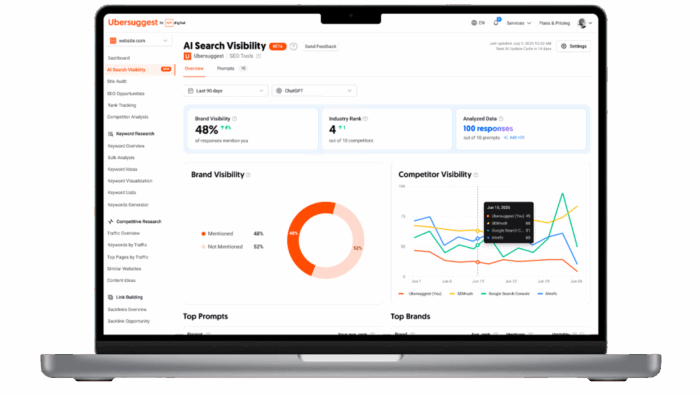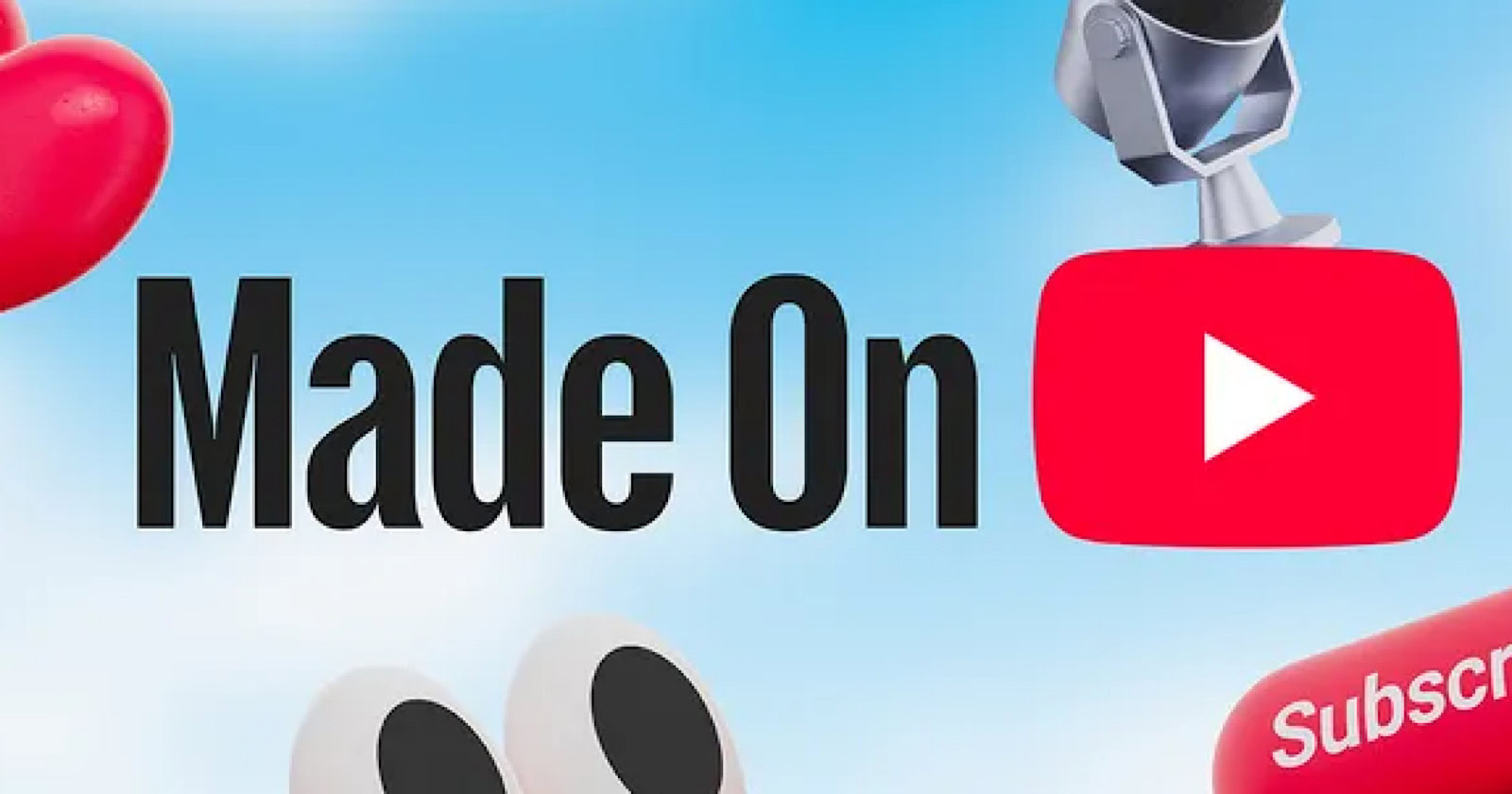IPG cuts full-year guidance after second consecutive quarter of declining revenue
IPG's CEO cites issues in tech and telecom sectors and digital agencies as having significant impact on results.

Interpublic Group of Cos.’ revenue declined in the latest quarter and the holding company cut its 2023 forecast.
IPG’s second-quarter net revenue declined 2% to $2.33 billion. Organic second-quarter revenue fell 1.7%, a number CEO Philippe Krakowsky expressed being “disappointed” in. In the first quarter, net revenue declined 2.3% and organic revenue fell 0.2%.
IPG now expects full-year organic growth of 1% to 2%. Three months ago, it expected growth at the midpoint of its 2% to 4% forecast. IPG’s shares were down 12% in late morning trading.
Significant reductions in ad spending in the tech and telecommunications sector as well as effects from IPG’s digital specialist agencies that continue to “underperform” had a 3.5% impact on the holding company’s organic growth, Krakowsky said on a conference call. He also mentioned a “curtailing” in the more “traditional” parts of its business affecting “consumer ad agencies.”
The digital shops mentioned consist of R/GA and Huge, both of which are in the midst of a “turnaround,” he said. R/GA recently picked up an agency of record opportunity with Intuit TurboTax and Huge is using AI tools to revamp its business.
Tech clients made up 15% of IPG’s net revenue last year and now comprise 12%, Krakowsky said. IPG saw strong growth in its media offerings and the healthcare sector as well as “solid growth” in its PR and experiential offerings, the CEO said.
Staffing dips
IPG’s total headcount decreased by 1.2% through the first half of the year. It’s unclear if the drop in the number of employees was due to an increase in layoffs but Krakowsky mentioned severance expense increased in underperforming parts of the business.
“Expense for severance was elevated in the quarter as we continue to address areas of the business where performance is lagging, as well as further accelerate business transformation and integrate delivery of services in our very strong media offering,” Krakowsky said this morning. “We’ll see the benefit to margin of those actions going forward.”
IPG's current headcount is 58,000 employees, a spokesman said. IPG employed about 58,400 people at the end of 2022, according to the company’s annual filing.
Severance expense was 1.7% of net revenue which is “somewhat elevated” from typical levels according to IPG Executive VP, Chief Financial Officer Ellen Johnson, who said severance expense was 50 basis points, or 0.5%, this time last year. In the first quarter of 2023, severance expense was 1.5% of net revenue.
“Our actions in the second quarter reflect steps to recalibrate the more traditional areas of the business where performance is lagging as well as to accelerate business transformation in our high-performing media verticals,” Johnson added.
Earlier this year, IPG picked up business with Pfizer, the largest review of 2023 so far, along with the U.S. media account for pharmaceutical giant Bristol Myers Squibb.
“Most of the new revenue from our recent wins has yet to ramp, given that transition periods between announcement and onboarding are the norm in our industry,” Krakowsky said. “As these wins come on stream in greater magnitude during the second half of the year, we expect their impact to be evident in our results.”
Krakowsky predicted organic revenue growth in the range of 3.5% to 4% during the second half of the year.
“During the second quarter, we saw the same puts-and-takes on revenue that we have identified and discussed since the beginning of the year. Notably, among our client sectors, tech continued to weigh significantly on growth,” Krakowsky said in a statement. “In addition, modestly heightened macro uncertainty impacted certain of our specialty assets and traditional consumer agencies.”
Competitors
The CEOs of holding companies Publicis Groupe and Omnicom Group also reiterated the state of macroeconomic uncertainties in the industry.
“We do see some cut in traditional advertising around the world,” Publicis CEO Arthur Sadoun told Ad Age earlier this week. “We do see some slowdown in the decision process of some business transformation projects.”
Despite that sentiment, Publicis increased its organic revenue growth guidance for the year to 5%, up from a 3% to 5% range, and posted 7.1% organic revenue growth for the second quarter.
Omnicom reported second-quarter revenue of $3.61 billion. Omnicom’s organic revenue grew by 3.4%. It slightly increased the low end of its 2023 organic revenue forecast, now calling for growth of 3.5% to 5% this year, up from previous guidance of 3% to 5%.
WPP plans to report its quarterly results on Aug. 4.
Regions and segments
IPG’s U.S. organic net revenue decreased 2.5% in the quarter and its international markets saw a slight decline of 10 basis points.
IPG’s Media, Data and Engagement Solutions segment’s organic revenue fell 1.5% due in part to weakness at its digital specialty agencies, and its Integrated Advertising & Creativity Led Solutions unit’s organic revenue fell 3.8%.
IPG’s Specialized Communications & Experiential Solutions segment saw 3.7% organic revenue growth, buoyed by its PR and experiential disciplines.

 KickT
KickT 































